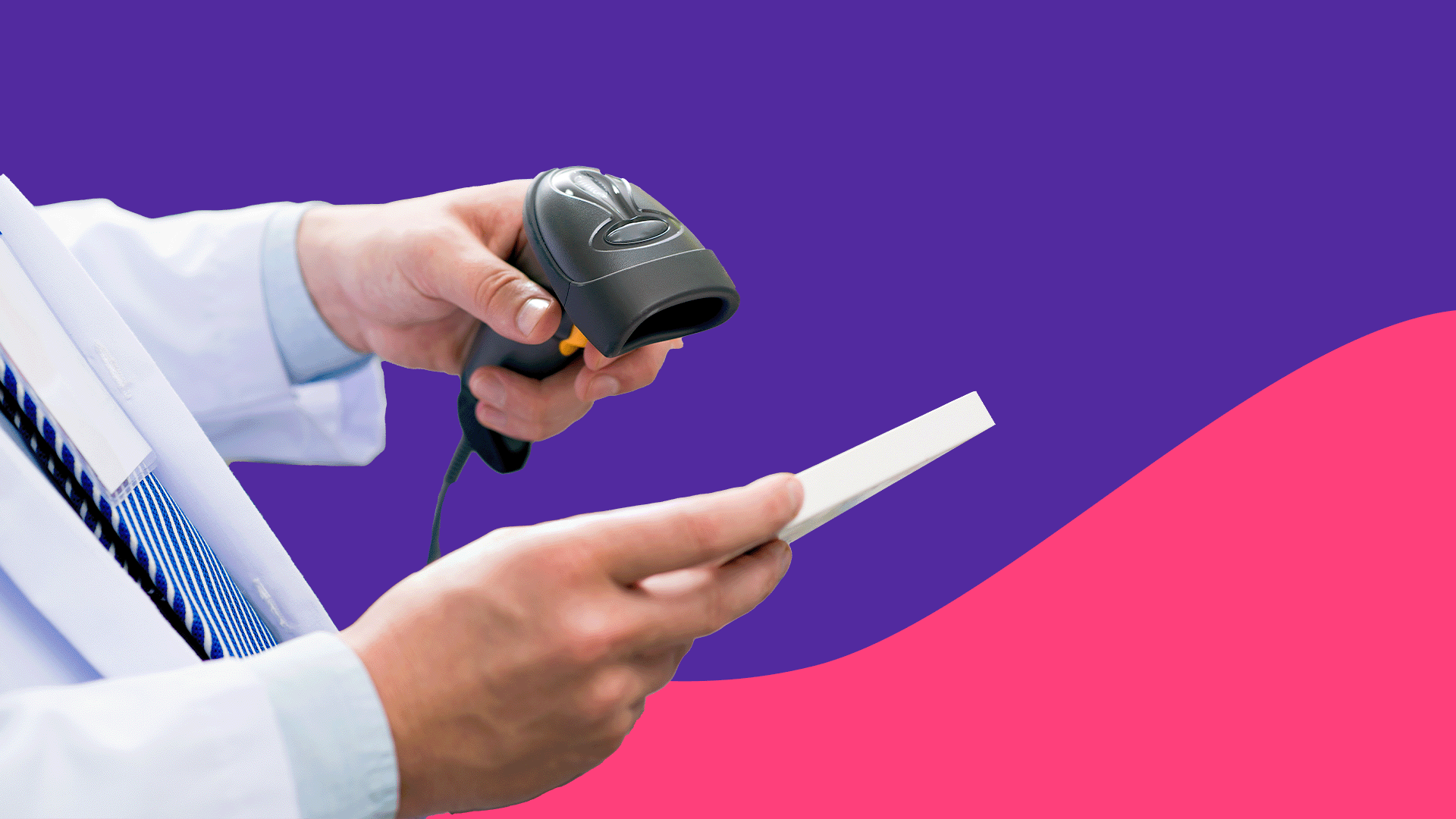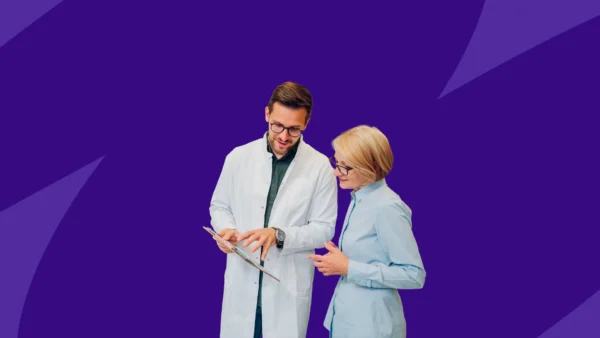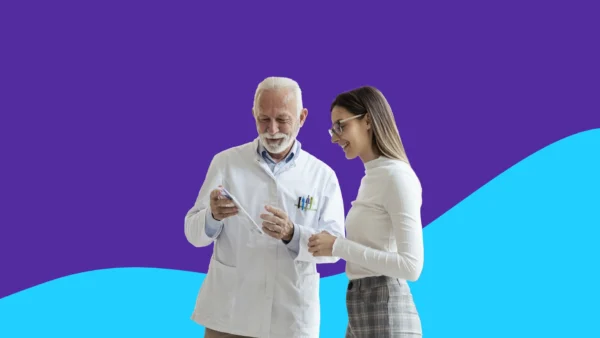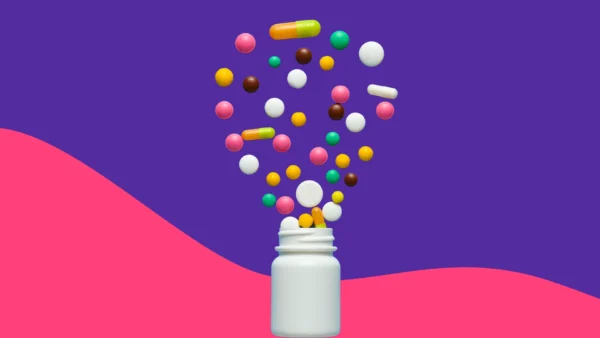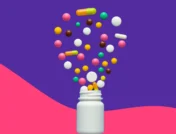Pharmacy technicians wear a lot of hats. They collect patient information, process payments, bill insurance, and prepare prescriptions—including retrieving, counting, pouring, measuring, and mixing medications. They field phone calls, manage drug inventory, stock incoming supplies, and prepare invoices. The pharmacy is a bustling, active workplace with very little downtime. But all that activity can invite distractions. And distractions can lead to mistakes.
Research conducted at a 500-bed teaching hospital found that pharmacy technicians experienced roughly 10 interruptions and distractions per hour (versus 15 for the pharmacists). That equates to one interruption/distraction every four minutes. And it’s not hard to see how all those distractions can lead to pharmacy errors. Other research estimates that, overall, 75% of medication errors (including those made by other health care professionals like doctors and nurses) are due to distractions, and the risk of a medication error rises nearly 13% with each interruption.
RELATED: Medication errors statistics
“As a pharmacist and manager at a pharmacy open 24/7, I can attest to the many distractions pharmacy employees encounter,” says Carly Preece, Pharm.D., a hospital pharmacy manager
in Huntington, West Virginia. “Phones are ringing off the hook. Patients drop off and pick up prescriptions in-person and through the drive-thru. Prescriptions must be filled and checked. Rejections from insurance companies require attention. Medication inventory must be maintained. Vaccines are sometimes administered. And patients often need one-on-one consultations about their medications.”
RELATED: Why pharmacy techs are essential for every pharmacy
8 ways to limit distractions
While pharmacies will always be busy places, there are ways pharmacy techs can limit distractions and interruptions. Here are some ideas to implement in your own pharmacy.
1. Finish one task before starting another
Even if that means a customer must wait a few minutes for service, stopping in the middle of something will slow you down. “If a technician is midstream counting a prescription, for example, I think it’s important to acknowledge those waiting at the register but finish the counting task,” says Saisha Branchaud, Pharm.D., a director of pharmacy services in Rutland, Vermont. When you finish a task, you’ll be able to give the customer your undivided attention, and that, in turn, can translate into better, more satisfying service.
RELATED: How pharmacy technicians can go above and beyond for their customers
2. Give each team member a designated duty
Talk to pharmacy management about giving each person a designated duty during their shift. “When pharmacies have adequate staff, each technician can focus only on what they need to do, with the assurance that other tasks are being taken care of by other designated staff,” Dr. Preece recommends. “Rotating these daily assignments [for example, one person taking care of the drive-thru, another the counter, another inventory matters] decreases the fatigue and burnout that tends to occur when technicians have to multitask and/or complete the same task over and over every day.”
3. Create a no interruption zone
This is an area, away from the public and marked with visual reminders, like “Do Not Disturb” signs, that’s reserved for technicians performing tasks requiring intense concentration, such as measuring a potentially hazardous drug.
4. Keep notes
When you must be pulled away from a task, keep a notebook handy and jot down where you left off. This is especially important if one distraction leads to another, making it all the easier to get sidetracked. “If you’re not cognizant, it’s easy to lose track of what you were doing when you were pulled away,” Dr. Branchaud says. “But when you’ve left yourself reminders, you can circle back and make sure everything gets done.”
5. Triage tasks
Triage is a medical term used to assign an order of urgency to patients waiting to be treated. Like medical treatment, some tasks take precedence over others. Start with the most time-sensitive, then move down the line.
6. Limit your use of personal electronics
It’s okay to keep your cell phone on your person in case of an emergency (if your pharmacy’s policy allows). But keep it in your pocket to avoid looking at every notification that comes across the screen, advises Dr. Branchaud. If even that’s too tempting, keep it away from you and stored with other personal belongings.
7. Mute unnecessary alerts, alarms, and announcements
Every little bleep that a computer or other device—such as a smartwatch—makes can ruin your concentration. Mute what isn’t essential. If you work in a retail pharmacy where a lot of announcements to shoppers are made, talk to the management about turning off the speakers near the pharmacy. “Phones ringing are other large distractors in a community pharmacy,” says Brooke Hudspeth, Pharm.D., chief practice officer for the University of Kentucky College Pharmacy. “Placing the phones in a specific location that would least likely disrupt other members of the pharmacy team could be a helpful strategy as well.”
8. Speak up
If you have an idea that improves workflow and limits interruptions/distractions, don’t hesitate to share it with your team. “Technicians are extremely valuable members of the pharmacy team and their feedback should be considered,” comments Dr. Hudspeth. “My advice would be for the technician to start with their pharmacist or pharmacy manager with feedback and recommendations. They can discuss the background and potential solutions, as well as next steps to get these changes implemented. I know of many examples where we have sought feedback from our technicians and made changes [based] on this feedback.”



